National Conference 2016
Lead Scotland’s National Conference 2016
Are We There Yet? Improving lifelong and life wide learning journeys for disabled people.
The last decade has seen steadily increasing numbers of disabled people in Scotland requiring lifelong and life wide learning opportunities, in order to work, volunteer and sustain positive health and wellbeing. This is in part due to a rise in disclosure rates following sector wide improvements to equalities monitoring practice. There are also growing numbers of people now satisfying the legal definition of disability under the 2010 Equality Act, and a rising trend in the prevalence of people with specific impairments, such as mental health problems, dyslexia and autism.
The Equality Act requires learning providers to offer a more inclusive and integrated approach to delivering support and adjustments, whilst a breadth of knowledge and expertise is necessary in order to engage and retain disabled people with a range of specific impairments. Practitioners have expressed the importance of a shift towards inclusive approaches that promote independence in order to prepare young people for the world of work. So how can learning providers ensure they are responding to the appetite for learning opportunities and meeting increasingly specific needs, in creative and inclusive ways, with limited resources? Lead Scotland’s 2016 national conference aims to bring together a diverse range of partners across the college, university, skills, health and community learning sectors to meet new and emerging challenges, develop important networks, showcase new technologies and share examples of effective strategies, partnerships and programmes to meet the challenge. This year’s conference put the spotlight on some of the current areas professionals and learners have identified as a priority:
- Supporting the increasing number of learners experiencing mental health difficulties
- Improving post-school transitions
- Effectively supporting learners with sensory impairments
- Inclusive approaches: integrating support and adjustments into learning settings
- The role of technology and digital spaces in mainstreaming support, widening access to learning and developing the young workforce
2016 Lead Scotland Conference Agenda
2016 Lead Scotland Conference Report
Presentations
Please call 0131 228 9441 or email info@lead.org.uk if you would like these in an alternative format.
Frankie McLean’s Speech, Operations Manager at Deaf Action
How Inclusive is Open Education?: Keith Smyth, UHI
Supporting Autistic Students at College and University: Autism Network Scotland
Message to Image – Digital Initiatives and Mental Health:Aye Mind/Young Scot
Whose Job Is It Anyway? Supporting Transitions for Young People with Life Shortening Conditions: CHAS (Children’s Hospice Association Scotland)
Working in Partnership for a Diverse Workforce: Concept Northern
“Help! We have a Deaf Student”. Stress-free Processes to Admitting Deaf Students onto Your Course: Deaf Action
Dyslexia – From Learning to Work: Dyslexia Scotland
Reaching People Through Partnerships – Co-delivery and Co-production Through Community Achievement Awards: Glasgow Kelvin College
How Can Accessibility Influence Good Practice and How Can Good Practice Improve Accessibility?: Jisc Scotland
“Stigma? Not at Our Institution!” Stigma and Discrimination in Education and the Student Self-Management Project: NUS (National Union of Students)
Bringing Clarity to Complex Student Situations (Making Sense of the Muddle): Perth College UHI
Blind and Partially Sighted People – Moving on from School: RNIB Scotland (Royal National Institute for Blind People)
Working in Partnership for a Diverse Workforce: SAMH (The Scottish Association for Mental Health)
Working in Partnership for a Diverse Workforce: SDS (Skills Development Scotland)
Local services
Contact a Co-ordinator in your area to discuss your options and get started:

